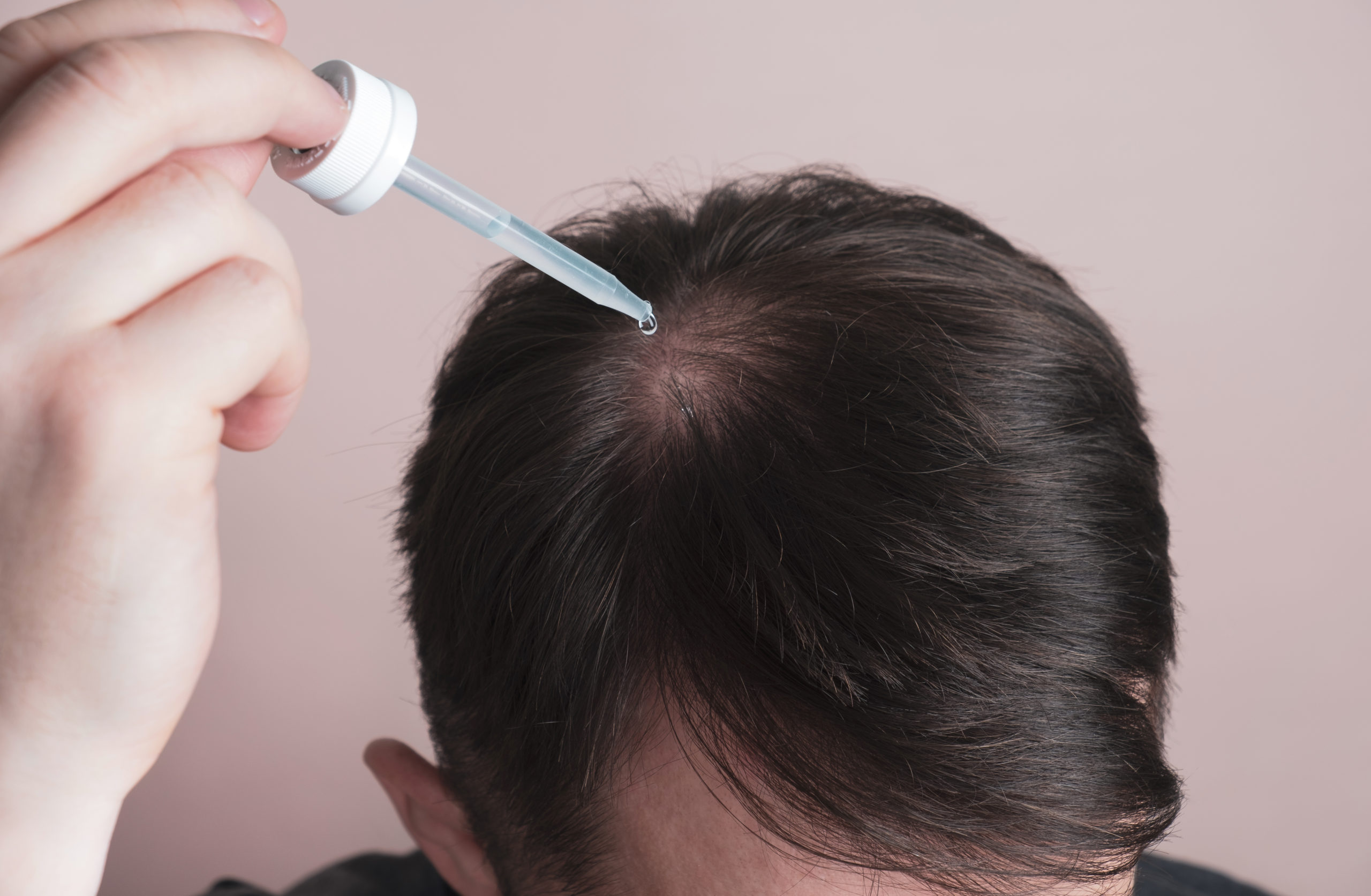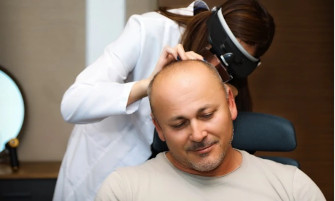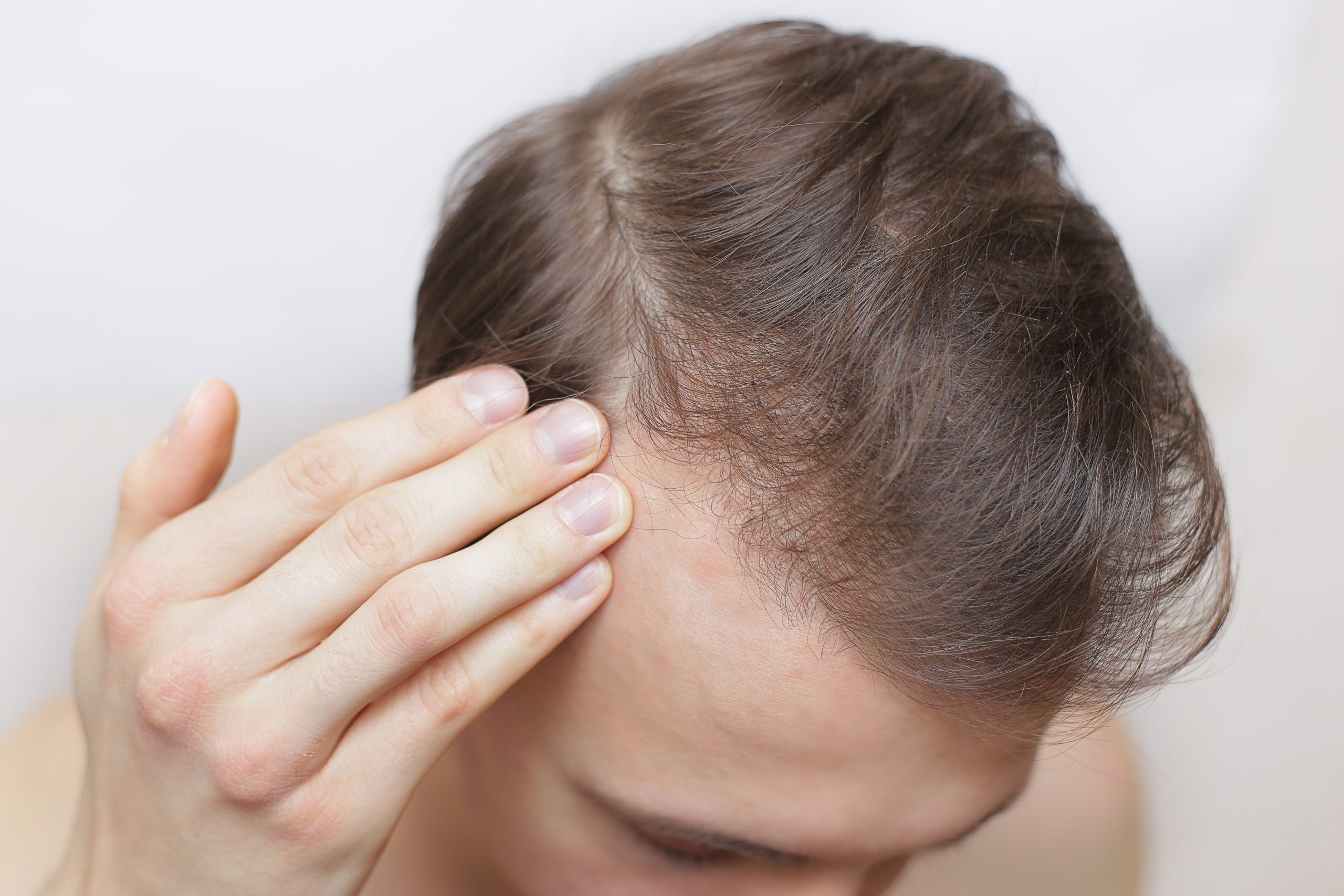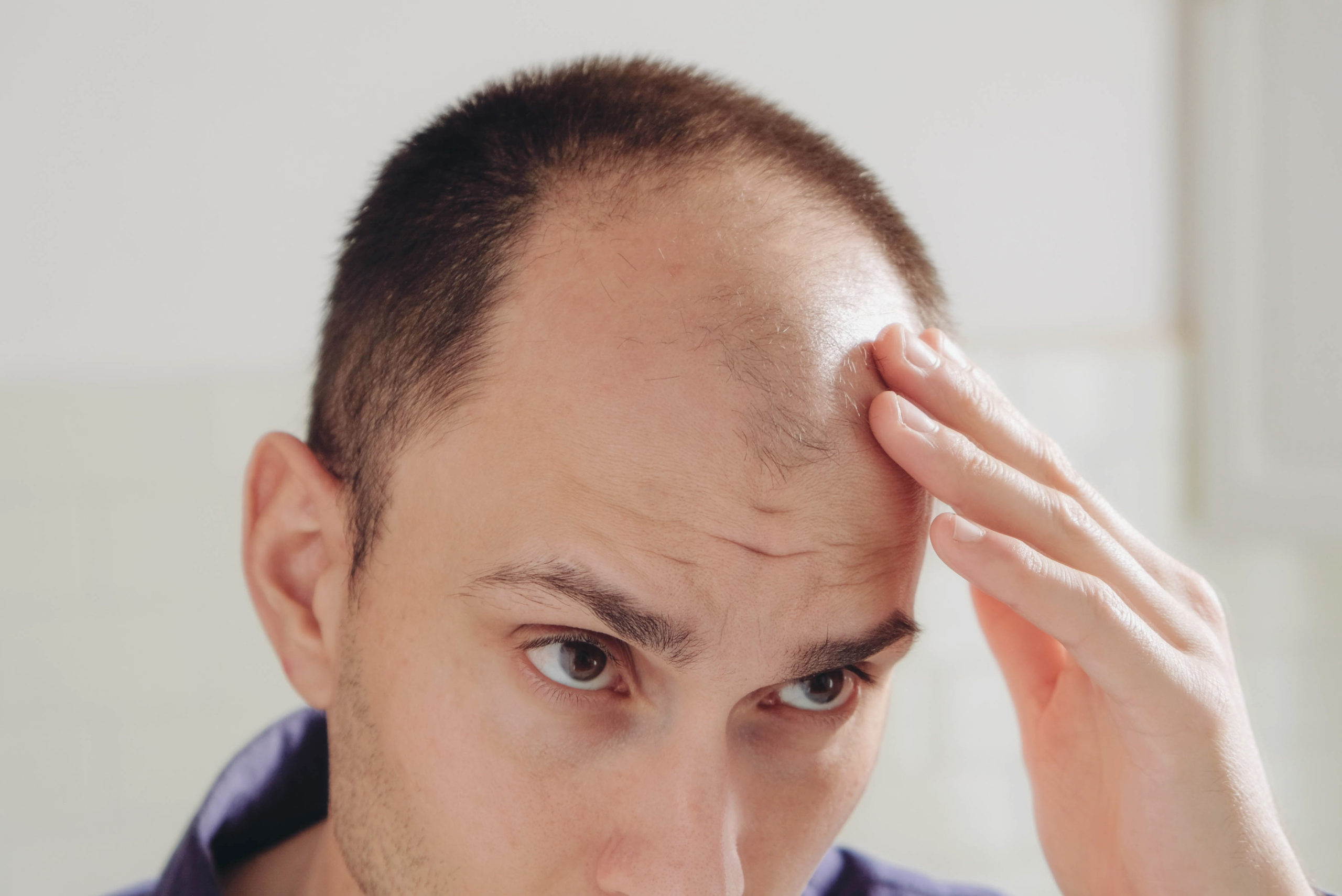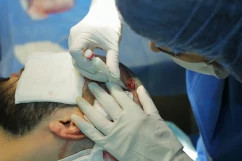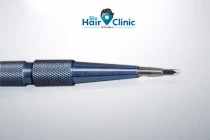Minoxidil is Not the Best Solution for Hair Loss
If you are struggling with hair loss, you’ve likely begun to explore various hair loss treatments. Hair loss can be devastating, especially when it happens at a young age, leading many people to seek out a solution. There are proven surgical procedures that will treat hair loss, however men and women alike come across Minoxidil hair loss treatments and wonder if it can work for them.
Summary
- What is Minoxidil?
- Does Minoxidil Work for Hair Loss?
- What Treatments Are More Effective Than Minoxidil for Hair Loss?
- Conclusion
What is Minoxidil?
The active ingredient in a popular treatment for hair loss and thinning hair is Minoxidil. Originally developed in the 1950s as an oral medication to remedy ulcers, it is now most often used as a topically applied foam or liquid to treat male hair loss. Topical minoxidil is available over-the-counter, and is recommended for those who have been balding less than 5 years.
How Does Minoxidil Work?
Minoxidil works by enlarging the hair follicles, extending the growth phase of the hair. This period of growth, also known as Anagen phase, is when your hair is actively growing to full length. The more hair that is in the Anagen phase, the less hair will detach from the scalp as it stimulates hair growth. Scientists are not 100% certain how Minoxidil works to lengthen the Anagen phase. It likely improves blood flow to the scalp, helping to stimulate growth.
Can Women Use Minoxidil for Hair Loss?
Minoxidil can be used for women experiencing premature hair loss, but will only work if the hair loss is genetic. Just as in men, women will experience the best results if they start using minoxidil early. Women are recommended to use only 2 percent regaine for women solution, while men can use up to 5 percent. According to a 2002 study, the higher percent minoxidil you use, the better the outcome.
What Are the Negative Effects of Minoxidil Hair Loss Treatment?
There are a number of side effects associated with Minoxidil. First, when you start using Minoxidil hair loss will increase for the first few weeks of treatment, and hair shedding will occur. This can be disconcerting for someone who is already worried about hair loss. Other side effects include:
- Scalp irritation
- Dryness
- Scaling
- Itching
- Face swelling
- Unwanted facial hair growth
- Acne at the application site
Does Minoxidil Work for Hair Loss?
Minoxidil may work to slow hair loss in some cases, but it is not the most effective way to treat hair loss, or to promote hair regrowth. It will not cure hair loss. You must be prepared for the initial period of hair shedding, as well as the possibility that Minoxidil may not be effective on your type of hair loss. The only true cure for baldness is hair implants.
Is Minoxidil Effective?
Minoxidil can be an effective first treatment against Androgenetic Alopecia, which is known by its more common name: male pattern baldness. For young men and women who have proven hereditary hair loss, such as a parent who lost their hair young, Minoxidil may effectively stop hair loss. In particular cases, it may even stimulate some growth.
However it is not a long term solution and the scientific results are mixed at best. Over the course of 12 months, dermatologists found that only 62% of men experienced hair growth while using Minoxidil. About 35% found that there was no change in their balding, while nearly 3% found that the bald spot became larger. Of those who experienced hair regrowth, only about 16% rated the solution as “very effective”.
Will Minoxidil Work For Me?
If you seek medical advice for hair loss treatments, you may be recommended between 2 to 5 percent Minoxidil solution, depending on a number of factors, including gender. While it can improve hair growth in some cases, it often just prolongs the inevitable hair loss, and regrowth is unlikely if you have been bald for an extended period of time. Do not use Minoxidil if:
- Your scalp has been bald for an extended period of time
- You are under 18
- You have an open sore on your scalp, or if your scalp is irritated
- If you have a heart disease, consult medical advice before using
- Your hair loss can be explained by another reason, such as with chemicals, medication, or disease
Minoxidil also may not work if you have a receding hairline. It was originally developed specifically for baldness on the top of the head, and you may not see results on a receding hairline even with extra strength solution.
Cons to Minoxidil Use
Beyond the negative side effects, there are many cons to Minoxidil use. It can be an inconvenient way to treat male and female pattern baldness as you need to apply minoxidil one to two times per day, and can be messy. If you stop using the product for any reason, it will stop working, and you will lose any hair growth.
Over the course of years, minoxidil treatments can be very expensive. Even those suffering from hereditary hair loss may choose to seek out a longer term solution, such as implants.
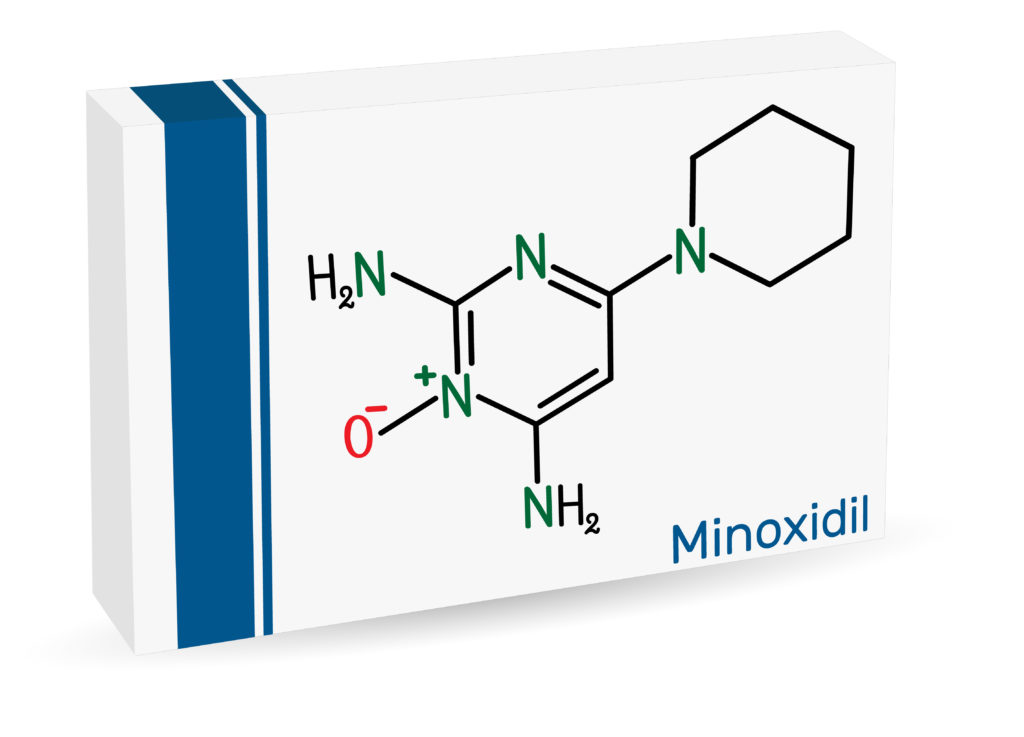
What Treatments Are More Effective Than Minoxidil for Hair Loss?
Minoxidil is a topical drug with negative side effects, and after months of use you may find that it is not working for you. If you’re looking for alternative treatments the only safe, effective, and long term way to see hair regrowth in both men and women is implants.
Direct Hair Implantation
Instead of going with a short term solution, you may wish to consider Direct Hair Implantation as the best solution for hair loss. BioHair Clinic has revolutionised DHI hair transplants by delivering a special biotin-rich solution directly to your new hair follicles. This process enriches them with vital nutrients, promoting stronger, healthy, natural looking results. The process is effective on Androgenetic Alopecia and a receding hairline.
FUE Transplants
BioHair Clinic focuses exclusively on Follicular Unit Extraction (FUE) transplants, which provides a natural look with an outpatient procedure. BioHair Clinic offers a lifelong guarantee on the hair follicles that have been transplanted. Unlike Minoxidil which must be used daily, you will be able to return to your regular hair care routine in just a few months after FUE hair loss treatments.
Conclusion
While Minoxidil may provide some relief for those in the early stages of male or female pattern baldness, it is not the best course of treatment for hair loss and will likely not promote hair regrowth. Speak to a specialist for a free consultation on how to avoid a Minoxidil hair loss solution, and instead have a Direct Hair Implantation to achieve a natural head of hair.
